
Trade Wars 2.0

A new wave of tariff wars between the U.S. and China is reigniting economic tensions, leading to market volatility. Investors are bracing for potential disruptions in global trade, which could weigh on corporate earnings and economic growth. U.S. equities may face downward pressure due to increased costs for businesses, while Chinese stocks could struggle amid weakened export demand. Safe-haven assets like gold and U.S. Treasuries may see inflows as uncertainty rises. Meanwhile, commodity prices could experience turbulence, with sectors like technology and manufacturing bearing the brunt of higher tariffs.
The Untold Truth
The ongoing tariff war between the United States and China has entered a new phase, with both nations implementing fresh trade restrictions and retaliatory measures. These escalating tensions are expected to have profound implications for financial markets, corporate earnings, and overall economic stability in both countries. Investors are closely monitoring these developments, as trade disputes historically contribute to increased market volatility and sector-specific disruptions.
In the United States, new tariffs on Chinese goods could lead to higher input costs for companies relying on imported materials and components. This, in turn, may pressure corporate profit margins, particularly in industries such as technology, consumer goods, and manufacturing. Investors could react by shifting capital away from affected sectors, favoring domestic firms with limited exposure to Chinese supply chains or those capable of passing costs onto consumers.
The charts above demonstrate a higher dependency of China on export-import relations with the US.
Conversely, Chinese markets are also poised for turbulence. Increased tariffs on U.S. imports could drive inflationary pressures, making key goods more expensive for Chinese consumers and businesses. Additionally, U.S. restrictions on advanced technology exports may hinder China’s innovation and economic growth, particularly in critical industries like semiconductors and artificial intelligence. The Chinese government is likely to respond with targeted stimulus measures to mitigate the economic fallout, which could support certain sectors while adding uncertainty to the broader market.
Asset Markets
Asset prices in both countries will likely experience heightened volatility in response to trade policy announcements. In the U.S., equities could face downward pressure due to concerns over rising costs and potential earnings downgrades. However, defensive sectors such as healthcare and utilities may attract investor interest as safe-haven options. Meanwhile, bond markets may experience fluctuations, with investors seeking U.S. Treasuries as a hedge against equity market risks.
In China, equity markets could suffer from weakened investor confidence, particularly in export-driven industries. The yuan may also come under depreciation pressure if capital outflows accelerate in response to economic uncertainty. However, government intervention, including currency stabilization efforts and monetary easing, could provide some support to asset prices.
Commodities markets are another area affected by trade tensions. Tariffs on industrial goods and agricultural products could lead to price swings in metals, energy, and foodstuffs. For instance, restrictions on Chinese imports of U.S. soybeans and other agricultural products could drive shifts in global supply chains, impacting commodity-dependent economies and investor sentiment in the sector.
Ultimately, the new wave of tariff wars will shape market dynamics for the foreseeable future. While short-term disruptions may create investment challenges, long-term shifts in trade policies and supply chain strategies could present opportunities for adaptive investors. Market participants will need to navigate these developments carefully, balancing risks with potential rewards in an increasingly complex global trade environment.

Dr. Viktor Kalm is a Senior Investment Analyst at Alpha Spread. He has over seven years of experience in corporate finance, specializing in financial modeling, business valuation, and strategic planning services. Previously, as a hedge fund manager, he focused on private equity management, consistently delivering positive returns to his clients.

Dr. Viktor Kalm is a Senior Investment Analyst at Alpha Spread. He has over seven years of experience in corporate finance, specializing in financial modeling, business valuation, and strategic planning services. Previously, as a hedge fund manager, he focused on private equity management, consistently delivering positive returns to his clients.

 GSPC
GSPC

 GSPC
GSPC
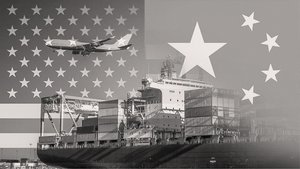
 GSPC
GSPC
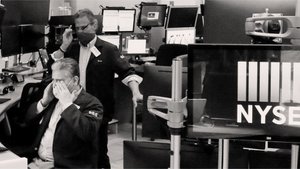
 GSPC
GSPC

 GSPC
GSPC

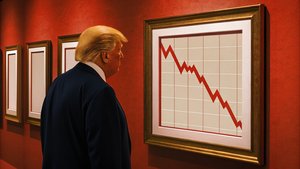
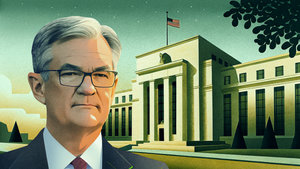
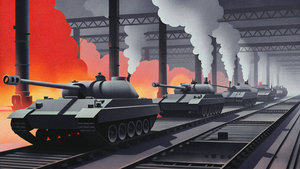































 You don't have any saved screeners yet
You don't have any saved screeners yet
